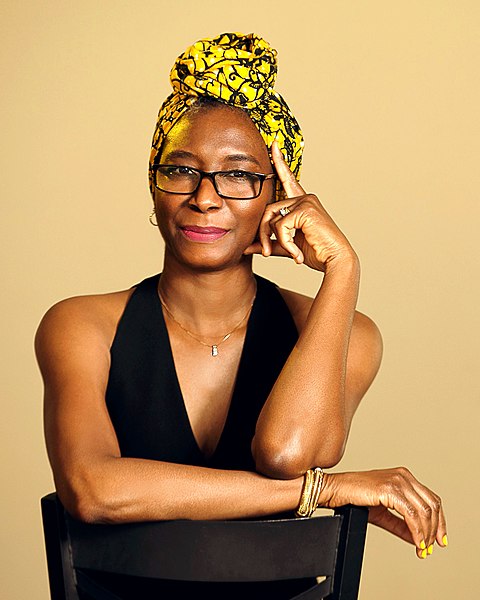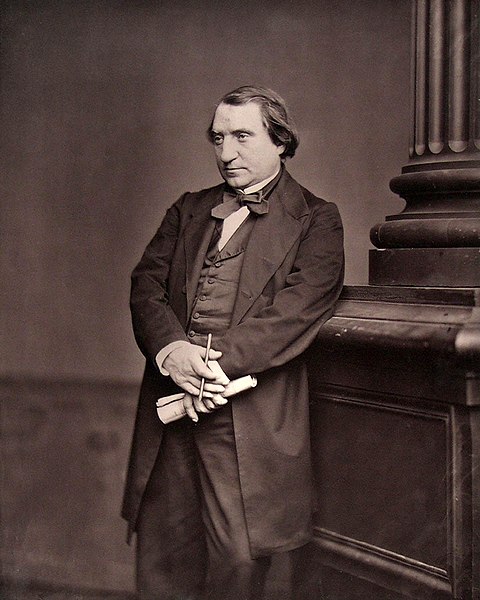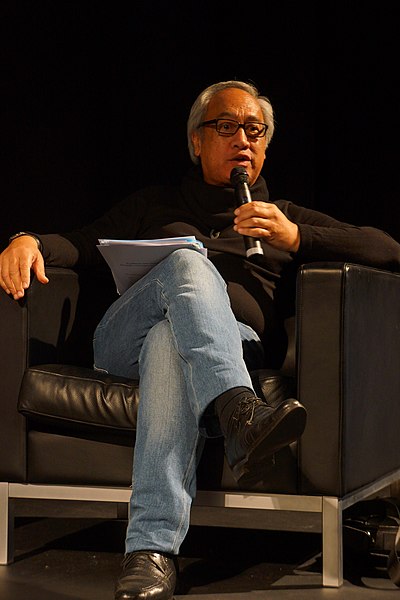Nigerian literature may be roughly defined as the literary writing by citizens of the nation of Nigeria for Nigerian readers, addressing Nigerian issues. This encompasses writers in a number of languages, including not only English but Igbo, Urhobo, Yoruba, and in the northern part of the county Hausa and Nupe. More broadly, it includes British Nigerians, Nigerian Americans and other members of the African diaspora.
Chinua Achebe (1966)
Wole Soyinka
Ben Okri
Sefi Atta
Postcolonial literature is the literature by people from formerly colonized countries, originating from all continents except Antarctica. Postcolonial literature often addresses the problems and consequences of the decolonization of a country, especially questions relating to the political and cultural independence of formerly subjugated people, and themes such as racialism and colonialism. A range of literary theory has evolved around the subject. It addresses the role of literature in perpetuating and challenging what postcolonial critic Edward Said refers to as cultural imperialism.
In La Réforme intellectuelle et morale (1871), the Orientalist Ernest Renan advocated imperial stewardship for civilising the non–Western peoples of the world.
Witi Ihimaera, from New Zealand, the first published Māori novelist
Wole Soyinka, Nigerian playwright and poet and Nobel laureate in 1986
Apartheid sign in English and Afrikaans








